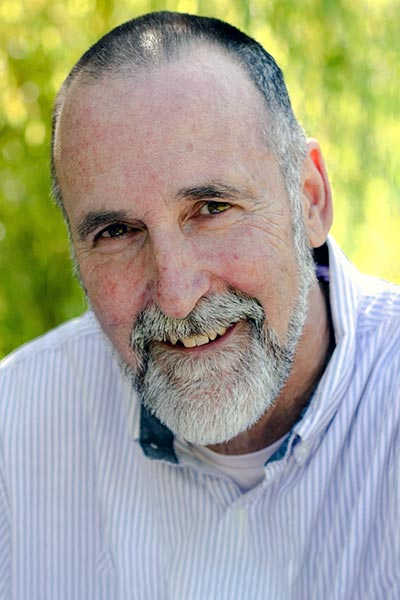
When I was diagnosed with lung cancer in 2018, there was a small community of patient research advocates—or PRAs. We were a small community because most of us did not live long enough to get involved in advocacy. Fortunately, now we are surviving longer, which has allowed lung cancer patient advocacy to boom.
That boom has not only been beneficial on a community level. On an individual level, many of us, myself included, have developed strong bonds and wonderful friendships with fellow PRAs.
Unfortunately, longer survival doesn’t mean lung cancer patients are immune from death, and sadly our community has lost several prominent PRAs recently.
Those of us remaining, look around and wonder who is next and who will carry on their work.
Longer survival times have allowed PRAs to do more, and thus they have risen to more prominence in the lung cancer world. When there is a loss, we must acknowledge not only the grief, but also the questions it raises about honoring our peers and dealing with our own mortality.
How do we honor the work that PRAs we’ve lost have done? How do we ensure their contributions are not forgotten outside the patient support community? How do those of us who remain deal with our survivor’s guilt?
When each death reminds us of our own mortality, it’s tempting to try to brush it off. To tell ourselves “Well, we all die.”
Yet, for those of us living with a life-limiting disease, this reality is closer than the risk of getting hit by the proverbial bus. So we wonder, “why are we still alive?”
Fortunately, answers may be coming in the not-so-distant future. Research may soon provide insight about long-term lung cancer survivors—the so-called super survivors. Is there something in their genetic makeup or microbiome? Something in the sequence of treatments that they have received?
All these avenues are worthwhile. Will the answers assuage survivor grief? I’m not sure.
If there is something I am sure of, it is that we need to carry on the work that our PRA pioneers have begun. While the loss is great, we honor them by picking up where they left off. Many groups have made provisions for the transition.
While running in my neighborhood, I think about the passing of the baton. We only win this marathon with relay teams. Preparing for that means that we must document networks and knowledge to pass those batons to the next generation of PRAs.
Acknowledging our losses is crucial. While honor is not the reason PRAs involve themselves in research, they deserve recognition for their contributions and should be honored. Yet honoring them requires that after the pause for remembrance, we get back to work. We know that these folks would want us to get back to extending and improving the lives of people with lung cancer. And maybe, someday, finding a cure.





